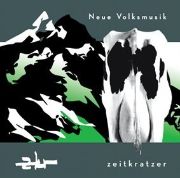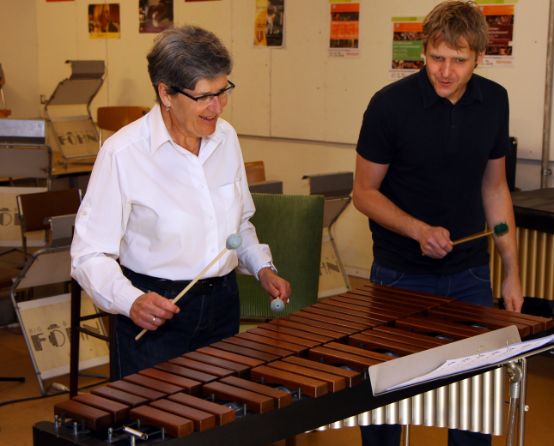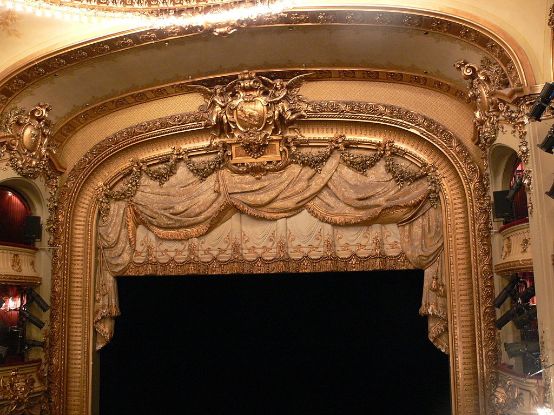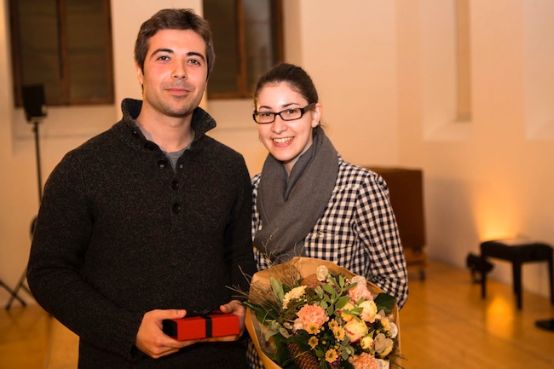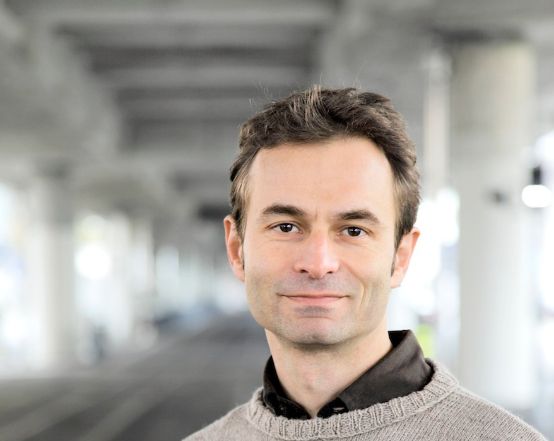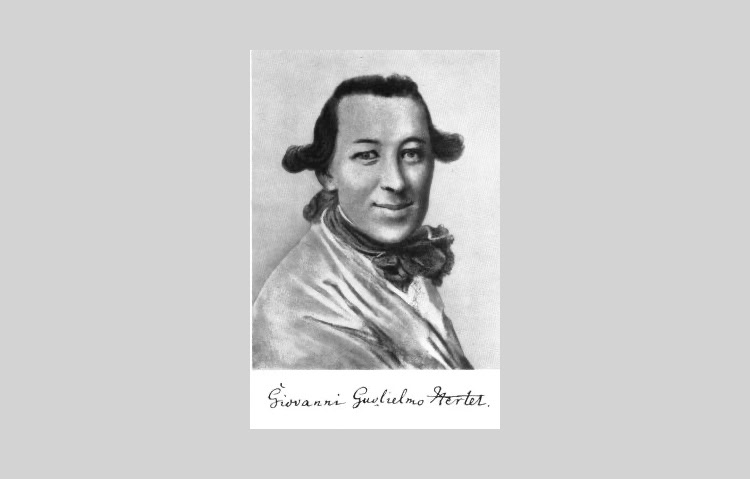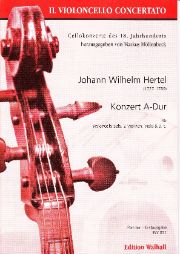In 2035, more than a quarter of the population will be over 65. Young older people are healthier and more energetic than ever and a large proportion are interested in active and, above all, meaningful leisure activities. More and more older people want to learn something new, refresh or develop what they have learned in the past. They have time and money, and many have above-average assets. The widespread opinion that older people can no longer learn anything new has long been refuted. The growing 65+ population segment therefore represents the boom market of the future and is also an interesting target audience for music lessons. Music schools are experiencing an increase in the number of requests.
Music education is worthy of higher education
In the mid-1990s, the first two chairs of music education were established in Germany at the University of Vechta and Münster University of Applied Sciences. Music geragogy deals with music-related mediation and appropriation processes as well as musical education in old age. There are special didactic and methodological requirements for older people that differ from music education for children and young people. Marc Brand, lecturer in pedagogy, research and development assistant at the Lucerne University of Applied Sciences and Arts and organizer of the conference, considers geragogical knowledge to be essential for teachers of older people: "The teacher must like older people, be interested in them, recognize the possibilities and limitations of older pupils and have a somewhat broader cultural horizon". Young teachers should not be afraid to teach older people: "As long as they are authentic, they have no problems." They can also gain a lot from teaching children and young people.
Participation at any age
Concepts such as "active ageing" and "live-long-learning" have also reached music lessons. Hans Hermann Wickel, Professor of Music Education at Münster University of Applied Sciences, emphasized that "the opportunity to actively participate in music culture" must be just as open to older people as it is to young people. In his workshop, Theo Hartogh, Professor of Music Education at the University of Vechta, addressed the neurobiological, developmental-psychological and educational-theoretical background to music lessons for older people. In her presentation, Reinhild Spiekermann, professor at the University of Detmold, outlined in detail the age-related changes in resources: "Teachers should know which aspects of seeing and hearing relevant to teaching are changing. Changes in motor skills and cognition also play an important role." Urban Diener, Head of the Stans Music School, has many years of experience in teaching older people. Since 1989/90, adults have been able to receive musical training at his school. At the beginning, the "elderly" made up 1.9 percent of the student body. Today they make up almost 10 percent. However, teaching adults places special demands on the teacher: they must be able to "respond to the often special needs of older adults, give good advice, enable a gradual approach and make flexible offers". Older people are demanding and usually know exactly what they want. Urban Diener identifies the following main reasons: they want to "fulfill a long-cherished wish, make the newly gained freedom meaningful, do something for themselves personally and maintain their mental fitness". Adults don't like to be pushed or reprimanded. They usually no longer have any ambitions and learn out of pure joy, which they do not want to have spoiled by the teacher.
Study at the HSLU
The elderly are a "market" with great potential for music schools. Some music schools have offers for adults, but often neither a concept nor targeted advertising for this customer segment. According to Marc Brand, there is still a lot to do here. There is plenty of basic research on the subject of music education, but there is still a lack of research into the biographies of older people with regard to music lessons. Marc Brand is supervising a study at Lucerne University of Applied Sciences and Arts that is based on interviews with senior music school students and their teachers. The aim is to raise awareness of music lessons for older people and provide music schools and teachers with material on the subject. In spring 2013, a seminar on the topic will be held by the Lucerne University of Applied Sciences and Arts as part of the cantonal continuing education program.
Documents for the conference: www.hslu.ch/musik-alter
Photo: Music lessons fulfill a long-cherished wish for older people. © Marcel Bucher







